Then there are the bad days. Forget Harrison Ford; think Charlton Heston at the end of The Planet of the Apes and his blood-curdling wail: 'What have we done ?????!!!!!'
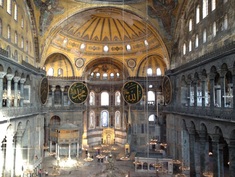 Technicolour Turkey
Technicolour Turkey They were taking pictures of a kitten.
Fair enough. Except that it was a pattern everywhere I went. By Fethiye Camii: a group of tourists were snapping a cat. By the column of Constantine: Italians taking photos of cat rolling about with another cat. At the Milion - the Hyde Park Corner of Constantinople: small tour group holding smartphones up to take shot of cat sleeping, or possibly dead. At the German Fountain: large group standing next to guide holding umbrella not listening to description of the Kaiser's visit to the city, but marveling at cat chewing on what appeared to be some kind of meat product. By the baths of Zeuxippos: twenty tourists taking photo of cat sitting on Vespa.
It was like a joke: no one seemed interested in the wonders of the city, these crown jewels of civilization. It was not once, twice or a few times, but everywhere. Ignore the rich tapestry of history that Istanbul has to offer. Come to look at its cats and kittens instead. Jeepers. Aww - look at the kitties. For 91 days.
I wandered round in something of a fog. I'm the one with the problem, I told myself. What's wrong with me: why am I more not more interested in the little furry four-legged friends; what's so great about these marvels of human creation? History, the tourists of Istanbul seemed to be saying: it's all in the past. Who cares?
You should be forgetting The Alexiad and fiendishly complicated middle Byzantine literature like the letters of Michael Psellos; read A Street Cat named Bob, which topped The Times and The Sunday Times best-seller lists. Give it's smash hit follow-up a go: Bob. No Ordinary Cat, currently shifting copies by the shedload. Forget The Odyssey by Homer - read Homer's Odyssey, the New York Times Best Seller about a man and his blind wonder cat. And then, on the flight home, it was like Groundhog Day: I opened The Times and found page three dominated by a story about: cats.
I've a few theories about all this - ranging from the decline of the west to the failure of modern education that makes learning and curiosity seem like work; from shortened attention-spans to the overwhelming opiates of fast-food, TV and pleasure-seeking. We might not have a clue about Syria, Iran, Russia, China and all those other places where it helps if you actually know something about their past and present. But we're good to go if war breaks out in the feline world: key in what does cat think into Google and you get 5 billion hits.
Forget Istanbul's crucial role in the new world order; forget the riots; forget Turkey's border with Syria and the acute refugee crisis; what's newsworthy as far away as India is that Barack Obama loves the cats of Istanbul.
I went to Istanbul as Indiana Jones and came back as Charlton Heston in Planet of the Cats - puzzled, perplexed and with a growing sense of doom.
A bit of a low point. Until I found something that put the fizz back into step, and got dusting off my (metaphorical) leather jacket, (imaginary) felt hat and (real) bull-whip. For that, though, you'll have to wait a few months till the book I've been working on for several years is done.
In the meantime, I understand The World According to Bob is doing brisk business: more copies sold this week than books on China, Russia and the Middle East combined.
Cats 1 Humans 0. The Apes would be proud.
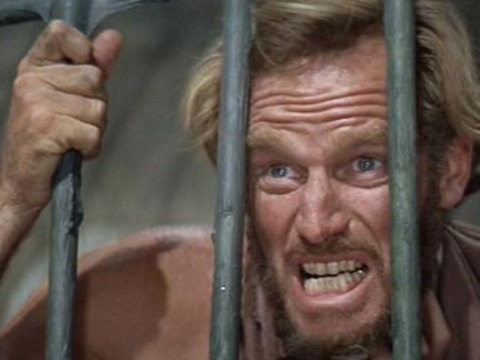

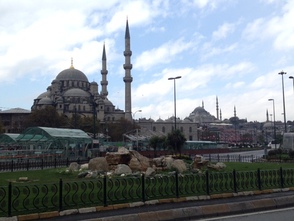
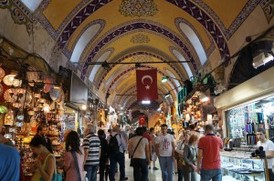

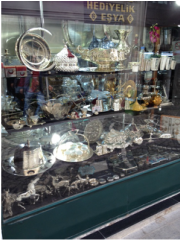
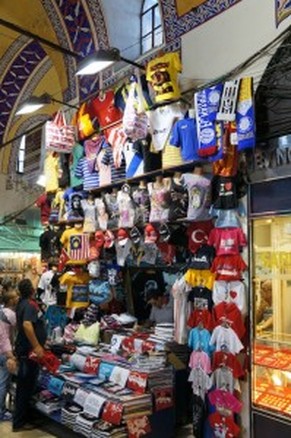
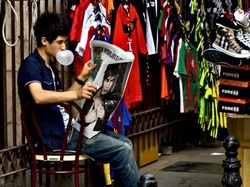
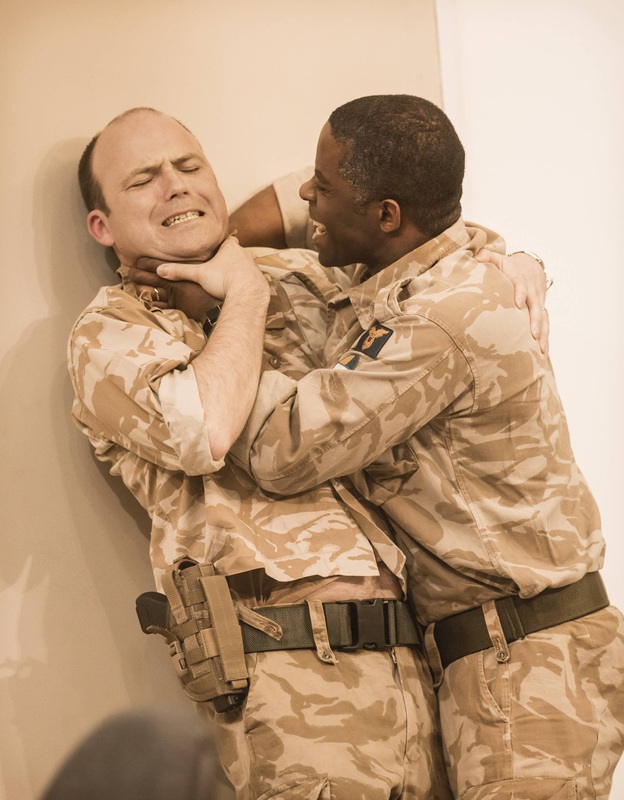
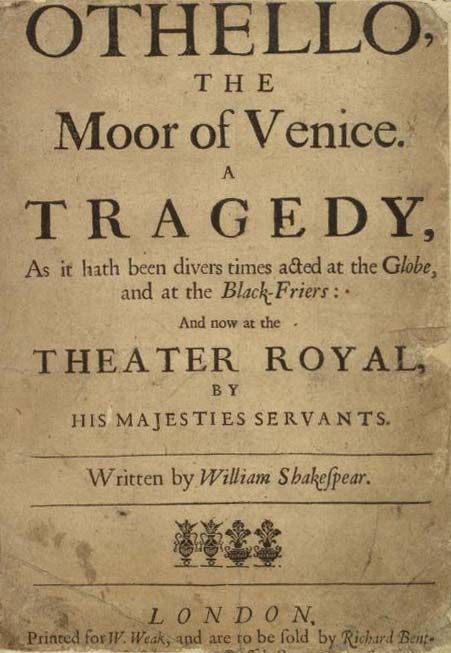
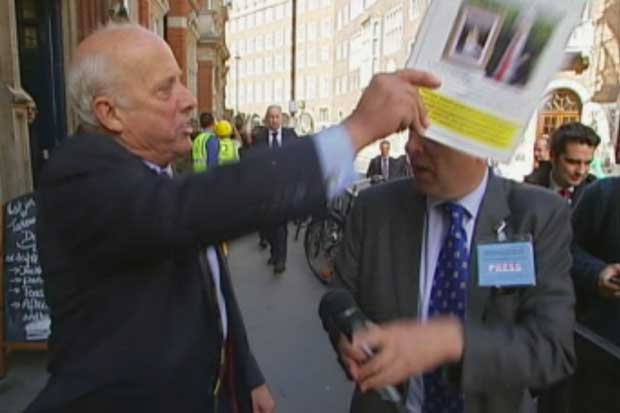

 RSS Feed
RSS Feed